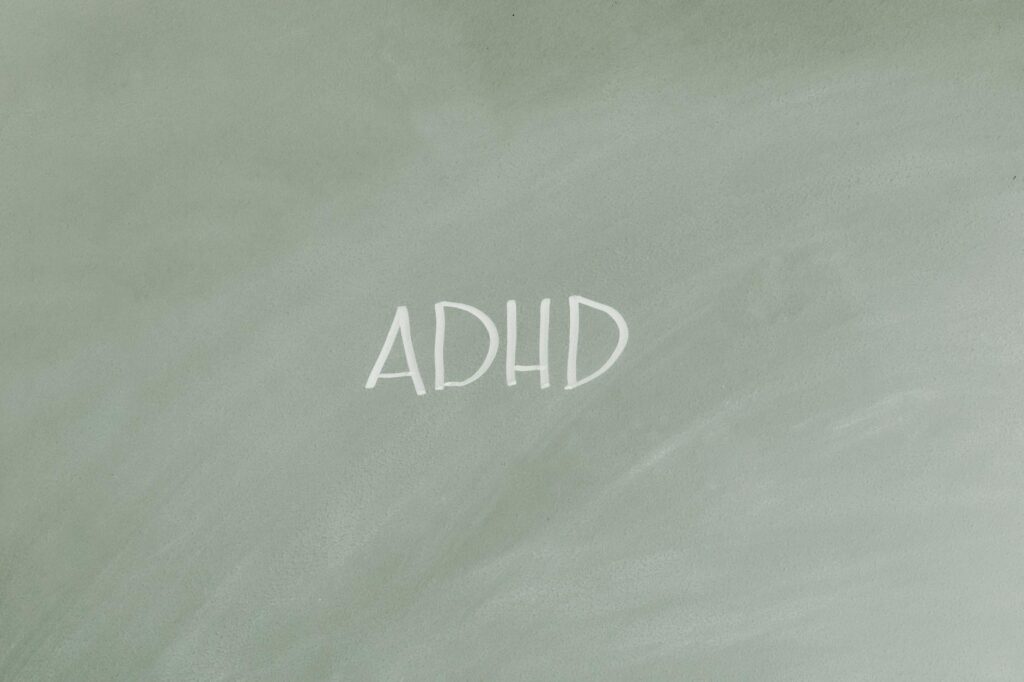What is adhd resources?

What is adhd resources?
ADHD, or Attention-Deficit/Hyperactivity Disorder, affects millions of individuals worldwide, impacting their daily lives, education, and work. Understanding ADHD and accessing the right resources can significantly improve quality of life for those diagnosed and their families. This article will explore various ADHD resources that are crucial for effective management and support.
Understanding ADHD
ADHD is a neurodevelopmental disorder characterized by persistent patterns of inattention, impulsivity, and hyperactivity. It can manifest in different ways, affecting individuals uniquely. Understanding ADHD is essential for effective management.

Photo by Tara Winstead
Types of ADHD
ADHD is classified into three main types:
-
Predominantly Inattentive Presentation: Individuals struggle to focus, follow instructions, and complete tasks. They may appear forgetful or disorganized.
-
Predominantly Hyperactive-Impulsive Presentation: This type is characterized by excessive movement and impulsive actions. Individuals may interrupt others or have difficulty waiting for their turn.
-
Combined Presentation: This type includes symptoms of both inattention and hyperactivity-impulsivity, making it the most common form of ADHD.
Common Symptoms
ADHD symptoms can vary from person to person, but some common signs include:
-
Difficulty Sustaining Attention: Individuals often find it challenging to stay focused on tasks, especially if they are lengthy or uninteresting.
-
Impulsivity: This can manifest as making hasty decisions without considering the consequences, leading to potential issues in various aspects of life.
-
Hyperactivity: Many individuals exhibit restlessness, fidgeting, or talking excessively, which can be disruptive to themselves and others.
For a deeper understanding of ADHD, you can visit NIMH.
Types of ADHD Resources
Accessing the right resources is pivotal in managing ADHD effectively. Here are some vital categories of ADHD resources available:
Educational Resources
Education plays a significant role in understanding ADHD. Various resources can help, such as:
-
Books: Titles like “Driven to Distraction” by Dr. Edward Hallowell provide insights into living with ADHD.
-
Online Courses: Platforms such as ADDitude offer courses that educate individuals about ADHD and effective coping strategies.
-
Webinars: Many organizations provide online seminars that cover various aspects of ADHD, from diagnosis to treatment options.
Support Groups
Support groups can be a lifeline for individuals with ADHD and their families. These groups offer a safe space for sharing experiences and advice. Options include:
-
Local Support Groups: Many communities host ADHD support groups where individuals can connect in person.
-
Online Support Communities: Platforms like CHADD’s Online Support Community provide resources and forums for people to share their stories and support each other.
Professional Help and Therapies
Seeking professional help can be crucial for managing ADHD. Various professionals and therapies are available, including:
-
Psychologists and Psychiatrists: They can offer assessments, diagnoses, and various treatment options.
-
Coaching: ADHD coaches specialize in helping individuals develop strategies for daily living and productivity.
-
Therapies: Behavioral therapy, cognitive-behavioral therapy, and family therapy are beneficial in addressing symptoms and improving coping mechanisms.
For a comprehensive overview of ADHD resources, check out the ADHD Resource Center.
ADHD Resources for Productivity and Time Management
Individuals with ADHD often face challenges related to productivity and time management. Fortunately, numerous resources can enhance these skills.
Apps and Tools
Several apps and tools are designed to help individuals stay organized and focused. Some popular options include:
-
Todoist: This task management app helps users organize tasks and set reminders effectively.
-
Focus@Will: This app provides music designed to improve focus and productivity, catering to different preferences.
-
Trello: Trello is a project management tool that allows users to create boards, lists, and cards to track tasks visually.
Techniques for Effective Study Habits
Improving study habits is essential for individuals with ADHD. Here are a few strategies:
-
Chunking Information: Breaking down information into smaller, manageable sections can make studying less overwhelming.
-
Using Visual Aids: Incorporating charts, diagrams, and color coding can help in remembering and understanding concepts better.
-
Setting Timers: The Pomodoro Technique, where you work for 25 minutes and take a 5-minute break, can help maintain focus while preventing burnout.
Conclusion
Leveraging ADHD resources can make a significant difference in managing symptoms and improving quality of life. By understanding ADHD, accessing educational materials, joining support groups, and utilizing professional help and productivity tools, individuals can navigate their challenges more effectively. Remember, reaching out for support and information is the first step toward thriving with ADHD. The more you know, the better equipped you are to lead a fulfilling life.